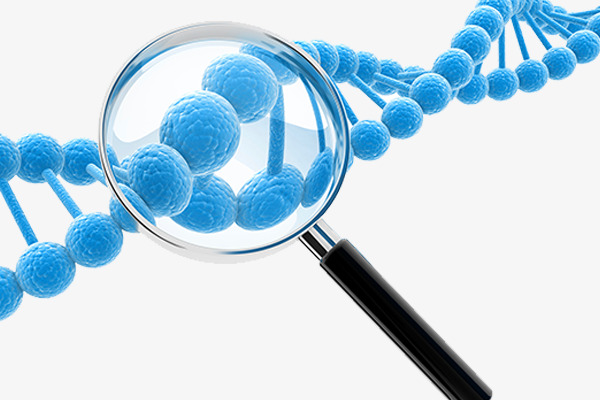Genetics research has played a vital role in improving our understanding of biology, disease, treatments and even the environment. EDIT lab PhD students Chris and Daniel provide a couple of examples to illustrate why genetics research is important.
Marvellous progress has been made in genetics research. From identifying genetic variation involved in genetic disorders, cancers and even the complex relationship between genes and the environment (i.e. nature and nurture).
This work, complemented by the phenomenal effort to map the human genome (3.2 billion letters of DNA code), has helped scientists to understand the causes of hundreds of diseases and the biological processes underlying them. This has enabled the development of screening and diagnostic approaches for early detection and prevention in cancers (e.g. mutations in the BRCA genes) and in other genetic diseases, like Phenylketonuria (PKU). PKU is a metabolic disorder caused by mutations in and loss of function of the PAH gene, which encodes the PAH enzyme. This leads to a build-up of phenylalanine, which is toxic for the brain and causes intellectual disability, seizures and psychiatric disorders. However, this disorder can be completely avoided, if treated from birth, by restricting phenylalanine in the diet. Doctors are able to intervene at this early stage and prevent this disease because of a simple genetic test, given to all newborn babies. There are many more serious genetic diseases that can be diagnosed via blood-tests, and although outcomes may still be distressing, further pain and distress caused by brain biopsies can mostly be avoided now.
Furthermore, we now know about hundreds (probably thousands) of rare genetic variants called mutations that cause devastating diseases – many of which can be identified in parents and diagnosed in embryos. This gives parents the option to make informed decisions about their parenthood – with the chance to avoid passing on devastating illnesses.
However, not all disorders are determined by mutations in a single gene. Most complex human disorders arise from the joint action of more common genetic variants in many genes and environmental exposures. Each of our ~22,000 genes has the same function in each of us. However, common subtle differences in our genetic code mean that the efficiency of each of our genes varies across development and in different environments. These genetic differences (common genetic variants), along with environmental differences contribute to nearly all complex human traits* (including height, intelligence and risk of depression). Decades of research shows individual differences in our DNA code account for around half of the total population differences of any given trait (i.e. most human traits are 50% heritable).
[*This is why we call them complex traits.]
Identifying genes that influence complex disorders (disorders that many causes such as diabetes, asthma or mental health disorders) is much more difficult than in the case of single gene disorders. However, through large population-level studies, genetics research is beginning to provide new clues about the biology of complex traits such as mental health disorders. For example, the largest genomic study of schizophrenia detected more than 100 new genetic variants associated with the disorder. Many of these lie in or near genes made sense biologically and fit in with leading theories about the development of the disorder. This led to follow up functional genomics studies, that hope to identify new mechanisms and alterations in the function of biological/biochemical pathways. A better understanding of these may then allow the development of new therapeutics.
Results from these large scale studies will allow researchers to investigate which genes are associated with many types of disorders. There is a lot of research being conducted to understand how genes affect the development of mental health disorders. The ultimate goal of this research is to learn more about how and when it is useful to intervene, to improve the outcomes of those experiencing symptoms
Vitally, we can also use genetic information to better understand how our environment influences our development and mental health. Many people might think that environments and exposures like parenting and psychological therapy are more important than genetics, so we should focus on studying those. But one of the biggest puzzles when trying to understand the effects of different environments is that there are individual differences in how people are affected by the same exposure. We all perceive, think about and respond to our experiences in different ways, partly due to genetic differences. These differences can affect how well we cope in different environments. Genetic differences can also affect which environments we’re exposed to in the first place. For example, being hyperactive in childhood (a genetically influenced trait) can evoke adverse or even positive responses from parents, teachers or peers. This topic, the importance of genetics for understanding the environment, will be covered in the second blog of this series.
Genetic research has many more roles and successes than we could possibly describe in one blog post. The bottom line is that genetics research provides a set of tools, technologies and literature that allow researchers to contribute to our understanding of human development and disease, and critically, to the development of new treatments. We hope we’ve been able to show you how genetics research underpins much of our biological understanding of the brain, and that genetics research is essential for understanding the role of the environment on human traits.



